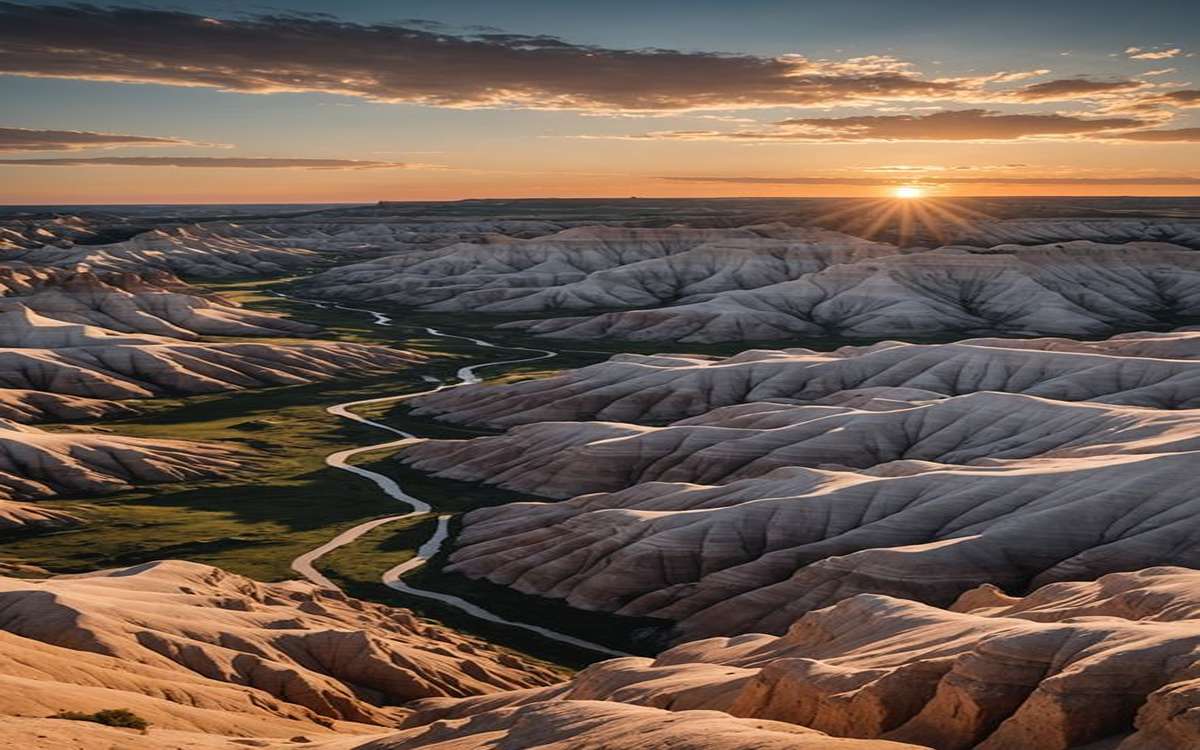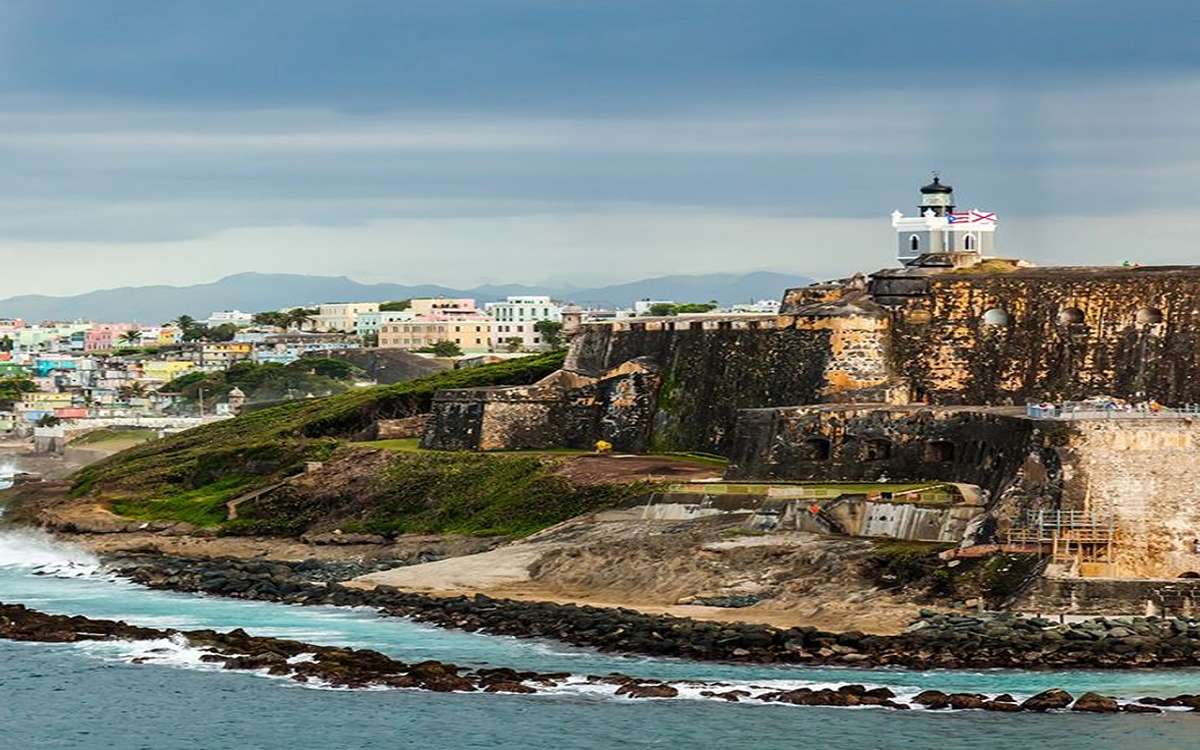
These national historic landmarks or NHLs, preserve and celebrate the rich cultural, architectural and historical fabric of the United States. America’s NHLs are nationally important buildings, structures, districts, landscapes and objects along with their site, distinguished for their exceptional value in illustrating the history of the United States.
All these monuments somehow tell the story of how America has been changing throughout history.
We dig deeper into what makes those landmarks special, find new updates and strategies for preserving them, and explore plans. Along the way, personal anecdotes and relatable stories bring these landmarks to life, and we answer frequently asked questions about visiting and preserving these national treasures.
National Historic Landmarks
The National Historic Landmarks are chosen by the Secretary of the Interior because they demonstrate historic integrity at the national level. These properties make up buildings, sites, structures, objects, and districts that convey important components of America’s history and culture. As of, there are over 2,600 NHLs in the U.S. In New York alone, there is the Statue of Liberty that is interpreted as the icon of freedom and democracy, and ten’s there’s the Monticello which is Thomas Jefferson’s home in Virginia.
An engineering marvel, San Francisco’s Cable Cars.
Why National Historic Landmarks Matter
National Historic Landmarks preserve sites which future generations could learn and appreciate about. The following are some very valid reasons why NHLs matter:
Cultural Identity
They showcase the rich cultural heritage of the nation-from Native American roots to industrialization achievements.
Educational Value
NHLs are live learning stations at which audiences come to learn about major periods in history and personalities.
Economic Impact
Heritage tourism rakes in millions of dollars annually thus supporting the local economies and enhancing the jobs scenes.

Recoveries in National Historic Landmarks
New Designated NHL Sites
There is always a new shipment of the NHL list every year. In the case of the following location will have a cut through some locations:
Freedom Trail in Boston
Historical Import of the Revolutionary War Heritage Landmarks Identifying Safe Points for African American Travelers During Segregation
Preservative Technology Advances
Evolving Landmarks through New Preservative Technologies. New preservative technologies are making landmarks change. These include 3D scanning and drone mapping that document fragile structures in high definition so that the restoration work is accurate.
Community Engagement Initiatives
Community preservation is a role increasingly being assumed. Clean-up drives and educational workshops are undertaken to introduce a sense of responsibility among residents.
Methods to Conserve National Historic Landmarks
Environmentally Friendly Preservation Methods
The need for the earth has led to the adaptability of greenery while performing landmark preservations. Maintenance work done by using environment-friendly material and renewable sources helps maintain the landscape lightly on the environment.
Partnerships and Funding
Agencies, private sector, and local community will need to agree to coordinate. Initiatives like National Trust for Historic Preservation provide grant funding and other help in saving landmarks.
Digital Storytelling
Digital media is necessary to engage audiences who fall into the younger age groups. Virtual tours, augmented reality applications, and other live exhibits make history interesting and within arm’s length.
Landmarks Come Alive
Visits to NHLs can be transformative experiences. I will never forget standing on that Civil War battlefield in Gettysburg National Military Parks, changing the tide of the war during a family trip as I listened to a guide recount vividly how it all played out. History suddenly took on living, breathing aspects in front of my very eyes-and my kids’.
One such memorable visit was to Ellis Island, where my great-grandparents stepped foot in America for the first time. Exhibits of immigration records and personal belongings were interesting because they connected me to their journey, filling me with gratitude for their sacrifices.
This personal experience shows how people become emotionally attached to such landmarks, making it more than a tourist destination to them.
What’s in Store for NHLs
NHLs are now being made accessible to the disabled. Such measures that will go a long way in this regard include fitting ramps, audio guides, and sign-language tours for the deaf and the dumb.
Youth Engagement Programs
The new measures of getting school children engaged with preservation work include the “Adopt-a-Landmark” programs.
Improved Visitation Experience
More attractions are investing in technologies for improved experiences by visitors. Picture visiting the Alamo while sporting augmented reality glasses, which transform before your very eyes into an historical battle.
Focus on Underrepresented Narratives
The NHL program actively works to add sites that tell the stories of underrepresented communities. By focusing on such sites, America gets a more balanced view of its history.

FAQs
How can I locate National Historic Landmarks near me?
You can find a searchable database of NHLs at the National Park Service website, as well as through apps like “Explore History”, which lists information about landmarks in your area.
Must all National Historic Landmarks be visited?
Not all NHLs are accessible to the general public. Some are private, but many allow visitors and can be toured. Always check the site’s availability before visiting.
How can I get involved in preservation?
Donating to groups such as the National Trust for Historic Preservation
Volunteer at your local landmarks
Can I also suggest a place be established as an NHL?
Yes! Entities and parties can nominate a location to be named NHL. One can seek nomination for NHL designation to the National Park Service. It also requires documented and evaluation check.
Are NHLs national parks?
No doubt, NHLs are of historical and cultural values, and the National Parks are primarily known for their beauty in nature and for recreation purposes.
Conclusion
The National Historic Landmarks are not merely places of historic importance. They are rather the soul of America’s heritage. It needs everybody, innovative strategies, and community involvement to preserve these landmarks.
As we look toward updates and plans for NHLs are coming in their wake as these sites become more accessible, inclusive, and engaging. If you are an enthusiastic historian or just a casual traveler, looking around NHLs is an enriching experience that connects us to the past while inspiring future generations.
Pack the bags, plan the trips, and dive into the stories that make a nation. With each visit to one of National Historic Landmarks, one gets closer to getting under the fabric of America’s diverse and vibrant history.








